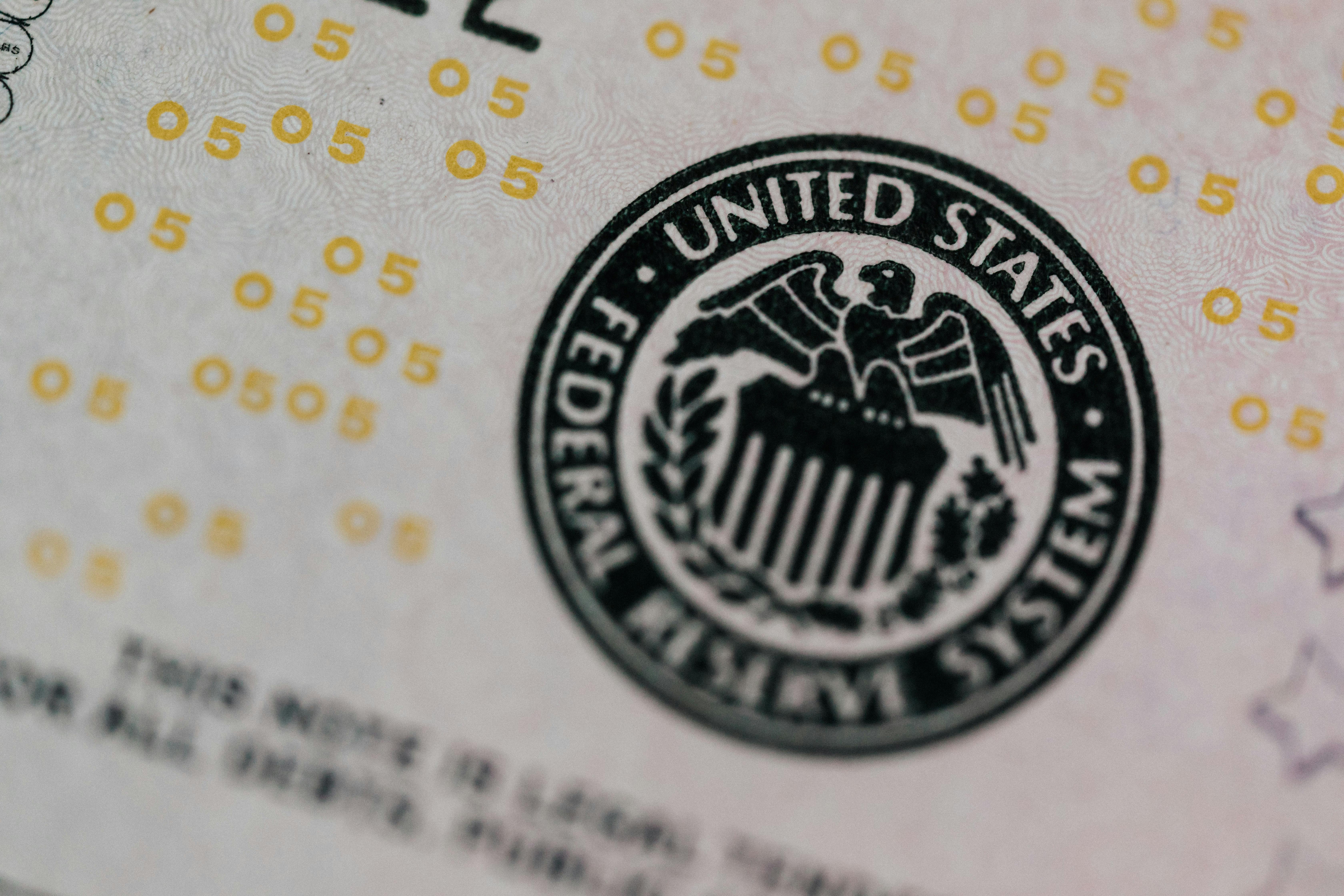How to Simplify Your Debt with Unsecured Debt Consolidation
If you're feeling overwhelmed by multiple debts and are looking for a way to simplify your financial situation, unsecured debt consolidation may be worth considering. By combining multiple debts into a single loan or transferring them to a balance transfer credit card, you can streamline your debt management and potentially save on interest rates. This article will provide you with an overview of how debt consolidation works and the different options available to you. So, let's explore how to simplify your debt with unsecured debt consolidation and take a step towards a more manageable financial future.

How Debt Consolidation Works
Debt consolidation is a financial strategy that can help you simplify your debt management and potentially lower your interest rates. It involves combining multiple debts into a single loan, making it easier to keep track of your payments and potentially save money in the long run.
There are a few different ways to consolidate your debt, but one common method is to take out a personal loan. With this approach, you use the proceeds from the loan to pay off your existing debts, leaving you with just one loan to focus on. Another option is to transfer your existing debt to a balance transfer credit card with a low introductory interest rate.
Benefits of Unsecured Debt Consolidation
Lower Interest Rates
One of the main benefits of unsecured debt consolidation is the potential to lower your interest rates. If you have multiple high-interest debts, such as credit card balances or personal loans, consolidating them into a single loan with a lower interest rate can help you save money in the long run. This means more of your monthly payment goes towards paying down the principal balance, helping you become debt-free faster.
Single Monthly Payment
Managing multiple debts can be overwhelming and confusing. With unsecured debt consolidation, you simplify your debt management by combining all your debts into one loan. This means you only have to make a single monthly payment instead of juggling multiple due dates and amounts. Having just one payment to focus on can make it easier to budget and stay on top of your financial responsibilities.
Simplified Debt Management
Unsecured debt consolidation can also simplify your overall debt management. Instead of keeping track of various loans and credit accounts, you only have to monitor and manage a single loan. This can make it easier to see your progress and stay motivated to pay off your debt. You can also set up automatic payments to ensure you never miss a due date, further simplifying the process.

Steps to Simplify Your Debt with Unsecured Debt Consolidation
If you're considering unsecured debt consolidation, here are the steps you can take to simplify your debt management:
1. Assess Your Current Debt Situation
Start by evaluating your current debt situation. Make a list of all your outstanding debts, including the balances, interest rates, and monthly payments. This will give you a clear understanding of your total debt and help you determine if consolidation is the right option for you.
2. Research and Compare Lenders
Next, research and compare different lenders that offer unsecured debt consolidation loans. Look for reputable lenders with competitive interest rates and favorable terms. Compare their loan options, fees, and customer reviews to find the best fit for your needs.
3. Check Your Credit Score
Before applying for a loan, it's essential to check your credit score. A good credit score can help you qualify for a lower interest rate, so take the time to review your credit report and address any errors or issues that may be affecting your score.
4. Gather Necessary Documents
To apply for an unsecured debt consolidation loan, you'll need to gather necessary documents such as proof of income, identification, and documentation of your current debts. Having these documents ready in advance can streamline the application process.
5. Apply for Unsecured Debt Consolidation Loan
Once you have researched lenders and gathered the necessary documents, it's time to apply for an unsecured debt consolidation loan. Fill out the application accurately and provide all the requested information. Make sure to review the terms and conditions of the loan before submitting your application.
6. Review and Select the Best Loan Offer
After applying, you may receive loan offers from different lenders. Take the time to review each offer carefully, considering factors such as interest rates, repayment terms, and any associated fees. Compare the offers and select the loan that best fits your needs and financial goals.
7. Pay Off Existing Debts
Once you have secured the debt consolidation loan, use the funds to pay off your existing debts. Paying off these debts in full will simplify your financial obligations, leaving you with just one loan to manage.
8. Create a Repayment Plan
With your consolidated loan in place, it's important to create a repayment plan. Calculate your monthly payments and make a budget that allows you to meet your repayment obligations and cover your other expenses comfortably.
9. Stick to Your Repayment Plan
To ensure the success of your debt consolidation strategy, it's crucial to stick to your repayment plan. Make your monthly payments on time and be disciplined about avoiding unnecessary expenses that could derail your progress.
10. Monitor Your Progress
Regularly monitor your progress as you pay off your consolidated loan. Watch your remaining balance decrease over time and celebrate milestones along the way. By keeping a close eye on your progress, you can stay motivated and make adjustments if necessary.

This image is property of images.pexels.com.
Considerations and Alternatives
While unsecured debt consolidation can be a useful strategy, it's essential to explore other options and consider your individual circumstances:
Debt Consolidation vs. Debt Settlement
Debt consolidation involves paying off your debts in full, whereas debt settlement involves negotiating with your creditors to settle your debts for less than the full amount owed. Debt settlement may be an option if you are struggling to make your payments or have a significant amount of debt, but it can have a negative impact on your credit score.
Debt Consolidation vs. Bankruptcy
Bankruptcy should only be considered as a last resort as it has severe and long-lasting consequences. Debt consolidation allows you to pay off your debts in a more manageable way without the serious repercussions associated with bankruptcy.
Other Debt Repayment Options
In addition to debt consolidation, there are other debt repayment options to consider. These include snowballing or avalanche methods, where you prioritize paying off debts with the highest interest rates or balances first. Research and compare these options to find the best fit for your financial goals.

This image is property of images.pexels.com.
Tips for Successful Debt Consolidation
To make the most of your unsecured debt consolidation journey, here are some tips to keep in mind:
Manage Your Finances Wisely
Debt consolidation is just one piece of the puzzle. To achieve long-term financial success, it's crucial to manage your finances wisely. This includes creating a budget, tracking your expenses, and being mindful of your spending habits.
Create a Budget
A budget is a powerful tool for managing your money and staying on track with your debt consolidation plans. Take the time to create a budget that aligns with your income and financial goals. Allocate funds towards your debt repayment while also setting aside money for other essential expenses and savings.
Save for Emergencies
Building an emergency fund is essential, even while you're focused on debt consolidation. This fund can provide a safety net in case of unexpected expenses or emergencies, preventing you from relying on credit cards or taking on additional debt.
Avoid Taking on New Debt
To successfully pay off your debt and achieve financial freedom, it's important to avoid taking on new debt. Be mindful of your spending habits and focus on living within your means. Cutting back on unnecessary expenses and finding ways to save money can help you stay on track.
Seek Professional Help if Needed
If you're feeling overwhelmed or unsure about your debt consolidation journey, don't hesitate to seek professional help. Financial advisors or credit counseling agencies can provide guidance and support as you navigate your way towards debt freedom. They can help you develop a personalized plan, negotiate with creditors, and provide valuable insights to improve your financial situation.

This image is property of images.pexels.com.
Conclusion
Debt consolidation can be an effective strategy for simplifying your debt management and potentially saving money on interest charges. By combining multiple debts into a single loan, you can streamline your payments and focus on paying off your debt faster. However, it's important to carefully consider your options and choose the best strategy that aligns with your financial goals. With proper planning, budgeting, and financial discipline, debt consolidation can help you regain control of your finances and achieve the debt-free life you desire.
Comments
Post a Comment